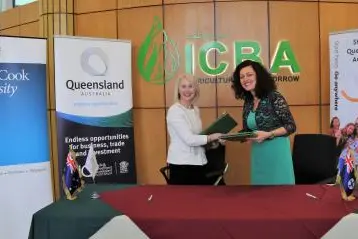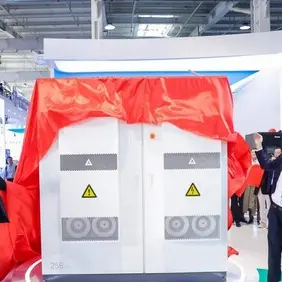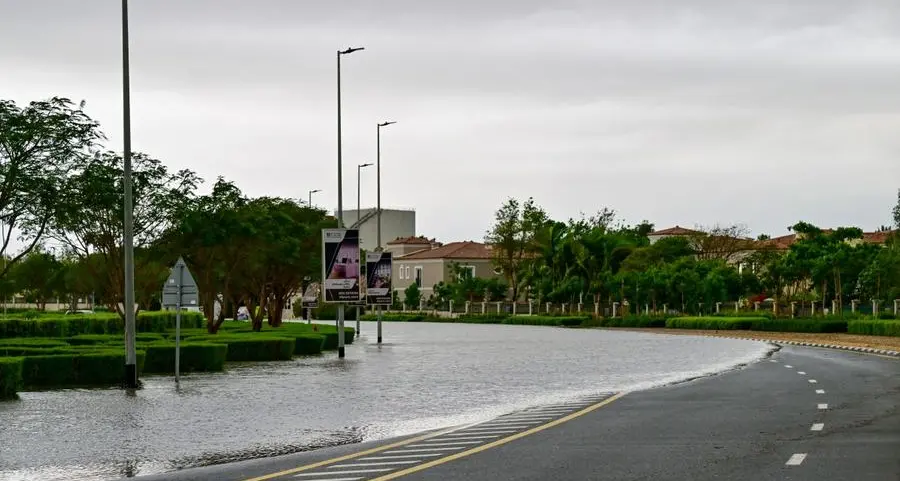PHOTO
Dubai, UAE: – The International Centre for Biosaline Agriculture (ICBA) and James Cook University (JCU), a public university in North Queensland, Australia, have agreed to collaborate on research and development to enhance food production and agriculture in dryland areas.
ICBA and JCU signed a memorandum of understanding (MoU) to the effect at the centre’s head office in Dubai, UAE, on 9 July 2019 in the presence of senior officials from the UAE Office of Food Security.
Commenting on the collaboration, Her Excellency Mariam bint Mohammed Almheiri, UAE Minister of State for Food Security, said: “ICBA and JCU are both highly-regarded leaders in the evolving field of sustainable agriculture. Both have international teams of experts in soil, crop, water, policy and socio-economic research, as well as a host of world-class education and training facilities. Research and Development (R&D) is the foundation of sustainable agriculture and this new collaboration will exponentially increase R&D in the spheres of aquaculture and in crop growing in marginal and saline environments.”
Her Excellency added: “It is partnerships between centres of excellence such as these that drive research forward and result in new, viable and highly productive forms of sustainable agriculture being successfully adopted into the mainstream. When scaled up, these methods disrupt traditional means of farming, generate much greater yields using optimal resources and offer the promise of being able to feed the world’s burgeoning population. The UAE Office of Food Security is delighted to support the partnership between ICBA and JCU.”
For her part, Her Excellency Razan Khalifa Al Mubarak, Managing Director of the Environment Agency – Abu Dhabi and the Chairperson of the ICBA Board of Directors, commented: “I am very optimistic about the potential the collaboration between ICBA and JCU holds. It creates new opportunities for both institutions to work together towards sustainable agricultural development in dryland areas in particular, and marginal environments in general, to benefit from each other’s outstanding research and development experience.”
Speaking of the partnership, Dr. Ismahane Elouafi, Director General of ICBA said: “We are very happy to see JCU join our global network of partners. We are confident that we will achieve a greater synergy and impact by combining our efforts in research, innovation and development for the benefit of our stakeholders. This partnership also creates an opportunity for both organisations to tap into each other’s unique expertise.”
The two organisations will also work together to develop joint projects on, among other things, genomics, saline and freshwater algae, aquaculture, water recycling and management, and bioremediation.
For her part, Professor Sandra Harding, Vice Chancellor and President said: “It was a wonderful opportunity to gain a better understanding of the deeply impressive work being undertaken by ICBA to achieve sustainable livelihoods for those living in marginal environments. There are many points of connectivity between their priorities and our own and I look forward to an enduring partnership between our two organizations.”
As an applied agricultural research centre, ICBA works to address current and future risks and problems to agriculture in marginal environments. The main focus is on identifying, testing and piloting resource-efficient, climate-smart crops and technologies in salt-affected, water-scarce and drought-vulnerable regions. Over the years, ICBA has generated extensive applied experience and developed tailor-made solutions to the problems of salinity, water scarcity and drought. The centre is thus uniquely positioned to introduce much-needed climate-smart crops and technologies in different parts of the world to alleviate projected food and water crises.
Since its formation in 1999, the centre has implemented programs in over 30 countries in the Middle East, North Africa, sub-Saharan Africa, South Asia, Central Asia and the Caucasus.
ICBA has also expanded its network of partners around the world to increase the reach and impact of its programs. It has partners in more than 50 countries, enabling it to leverage a vast and diverse pool of expertise to achieve a greater impact on the ground.
Through its work, ICBA contributes to the achievement of Sustainable Development Goals 1 (No Poverty), 2 (Zero Hunger), 5 (Gender Equality), 6 (Clean Water and Sanitation), 13 (Climate Action), 15 (Life on Land) and 17 (Partnerships for the Goals).
-Ends-
Press enquiries:
Mr. Showkat Nabi Rather, ICBA: s.rather@biosaline.org.ae , or +971 55 137 8653
About ICBA
The International Centre for Biosaline Agriculture (ICBA) is a unique, not-for-profit applied agricultural research centre in the world with a focus on marginal areas where an estimated 1.7 billion people live. It identifies, tests and introduces resource-efficient, climate-smart crops and technologies that are best suited to different regions affected by salinity, water scarcity and drought. Through its work, ICBA helps to improve food security and livelihoods for some of the poorest rural communities around the world.
About JCU
JCU is a public university in North Queensland, Australia. JCU conducts nationally significant and internationally recognised research in areas such as marine sciences, biodiversity, tropical ecology and environments, global warming, tourism, and tropical medicine and public health care in under-served populations. Their aim is to be a national and international leader in teaching and research addressing critical challenges facing the tropics worldwide.
© Press Release 2019Disclaimer: The contents of this press release was provided from an external third party provider. This website is not responsible for, and does not control, such external content. This content is provided on an “as is” and “as available” basis and has not been edited in any way. Neither this website nor our affiliates guarantee the accuracy of or endorse the views or opinions expressed in this press release.
The press release is provided for informational purposes only. The content does not provide tax, legal or investment advice or opinion regarding the suitability, value or profitability of any particular security, portfolio or investment strategy. Neither this website nor our affiliates shall be liable for any errors or inaccuracies in the content, or for any actions taken by you in reliance thereon. You expressly agree that your use of the information within this article is at your sole risk.
To the fullest extent permitted by applicable law, this website, its parent company, its subsidiaries, its affiliates and the respective shareholders, directors, officers, employees, agents, advertisers, content providers and licensors will not be liable (jointly or severally) to you for any direct, indirect, consequential, special, incidental, punitive or exemplary damages, including without limitation, lost profits, lost savings and lost revenues, whether in negligence, tort, contract or any other theory of liability, even if the parties have been advised of the possibility or could have foreseen any such damages.











